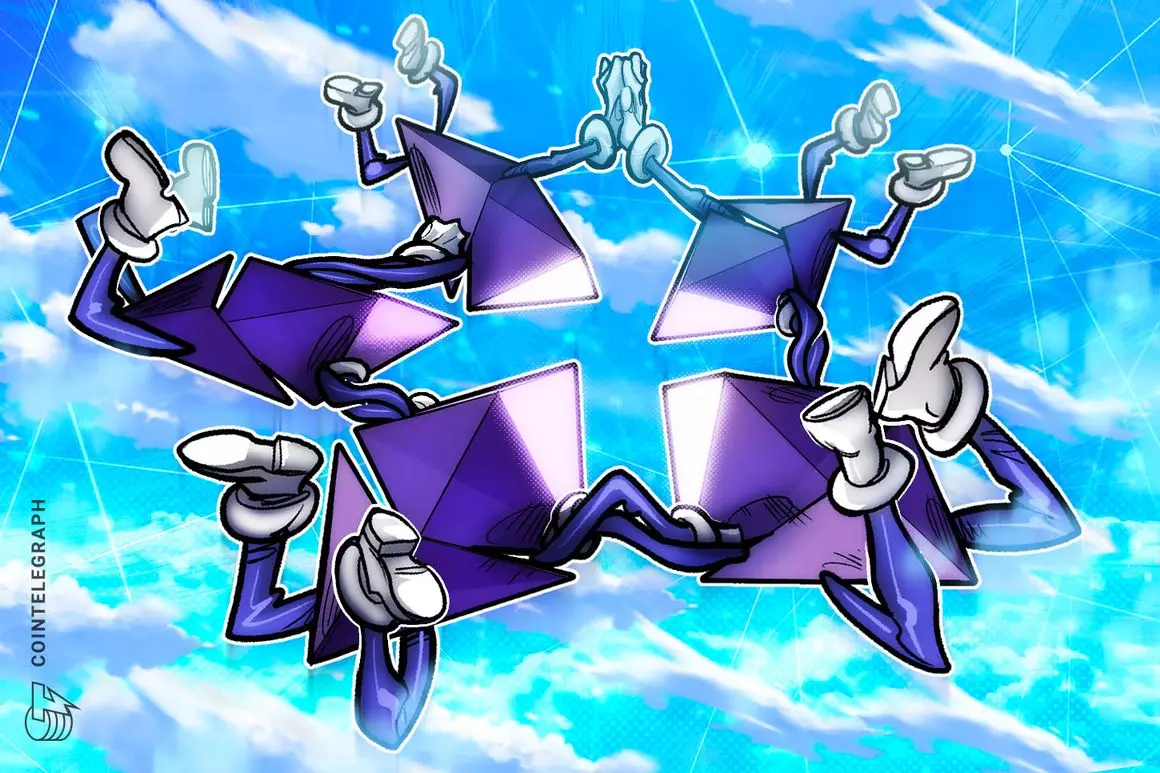The historic Merge upgrade in September 2022 marked a significant transition for Ethereum, shifting its consensus mechanism from proof-of-work (PoW) to proof-of-stake (PoS). While this upgrade brought about several improvements, it also led to a decline in compliance with the standards set by the Office of Foreign Assets Control (OFAC). This article explores the repercussions of this decline and its impact on the neutrality of the Ethereum ecosystem.
Before the Merge upgrade, Ethereum witnessed a steady increase in its OFAC compliance. Entities such as crypto exchanges embraced the use of censoring MEV-Boost relays on their validators, contributing to the platform’s overall compliance. However, the transition to PoS resulted in a significant decline in OFAC adherence among Ethereum blocks.
According to data from MEV Watch, popular platforms like Binance, Celsius Network, Bitfinex, Ledger Live, Huobi (HTX), and Coinbase were among the top censorship offenders. Prior to the Merge upgrade, these platforms played a role in promoting OFAC compliance, but their involvement decreased significantly after the transition.
As of November 2022, approximately 78% of Ethereum blocks complied with OFAC regulations. However, the compliance rate has since plummeted to 30% as of September 27th, 2023, marking an overall reduction of 57%. This decline raises concerns about the neutrality and integrity of the Ethereum ecosystem.
To address the issue of non-compliance, operators need to utilize relays that do not censor transactions based on OFAC requirements. There are seven major MEV-boost relays commonly used, including Flashbots, BloXroute Max Profit, BloXroute Ethical, BloXroute Regulated, BlockNative, Manifold, and Eden. However, only three of these relays adhere to OFAC compliance requirements, as highlighted by MEV Watch.
It is worth noting that not all blocks built by OFAC-compliant relays engage in censorship. However, when non-compliant transactions are broadcasted to the network, blocks built by OFAC-compliant relays will censor such transactions. Validators outside of the United States must consider running non-censoring relays to uphold the network’s neutrality, even if OFAC regulations primarily target US-based organizations.
In light of Ethereum’s reduced OFAC compliance, Grayscale, a prominent cryptocurrency investment firm, made the decision to abandon all rights to PoW Ethereum tokens (ETHPoW). This decision was mainly due to the lack of liquidity in the market, rendering the rights to acquire and sell these tokens impractical. The move signifies the challenges faced by organizations in navigating compliance and liquidity within the Ethereum ecosystem.
While some investment firms, such as ETC Group, have attempted to launch dedicated EthereumPoW exchange-traded products (ETPs), the decline in OFAC compliance highlights the need for alternative approaches in fostering a compliant and neutral network. Ethereum’s community and stakeholders must continue to explore innovative solutions that maintain regulatory adherence while preserving the decentralized nature of the platform.
The transition from PoW to PoS marked a significant milestone for Ethereum, but it also brought about challenges in terms of OFAC compliance. The decline in compliance post-Merge upgrade raises concerns about the neutrality of the network and the impact on Ethereum’s ecosystem. It is imperative for validators and operators to adopt relays that uphold OFAC compliance requirements to ensure the integrity and neutrality of the platform. Additionally, industry players must continue to explore alternative approaches that strike a balance between compliance and decentralization.

